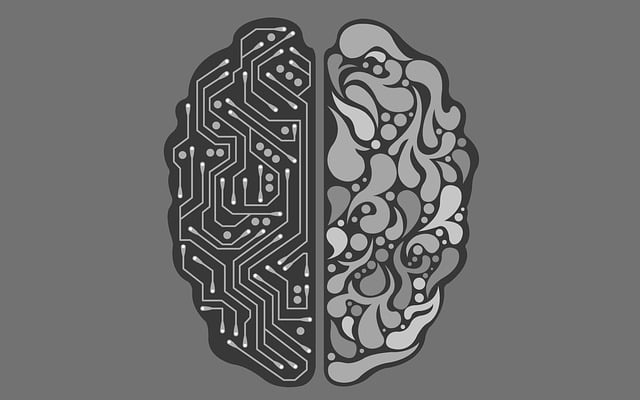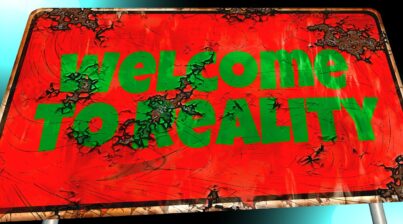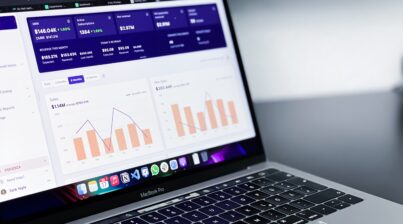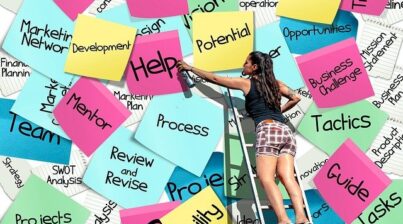Isn’t AI and Automation the same thing?
The simple answer… No. But they definitely elicit the same response when it comes to their role in the workplace and HR. Companies are excited about the innovations these technologies could bring. While employees are concerned their jobs will be replaced by robots.
Artificial Intelligence (AI) is advancing computers to have the same cognitive abilities as humans. Abilities like critical or creative thinking, visual and speech recognition, and experienced-based predicting and learning. Computers may be able to simulate this through advanced algorithms, but true AI would not rely on them. If you tried to ask Alexa or Siri a question it is not familiar with, it will give you the stock, “I don’t know what you’re talking about” response.
Automation allows machines to complete basic tasks and operate independently without humans. Machines have to be configured to complete those monotonous, repetitive steps within a workflow. Automation is most commonly associated with manufacturing and production. Machines have taken over many of the responsibilities within warehouses and factories. We also interact with automation daily through ATMs, touch-screen ordering, and self-service checkouts.
While different, they both will have a great impact on the workplace. A lot of what we may think as AI is really just automation supported by basic AI functions. Those suggestions on your Netflix account is the software automatically taking your viewing data and, based on algorithms, giving recommendations. Driverless cars are also combining automation with AI. The car operates automatically but uses AI to learn from its environment to ensure the safety of its passengers. AI expands the capabilities of automated machines.
Both automation and AI are popular trends within HR and the workplace. They will impact not only how HR does its job but how HR will support their talent while the work changes.
Recruitment, HR analytics, and help desk support are already being impacted. Chatbots can answer basic questions for employees based on a FAQ. While HR dashboards are automatically creating analytics by processing the HRIS data. Applicant Tracking Systems (ATS) are pre-screening resumes and applications for keywords that match the job description. Even making the employee experience more mobile-friendly supports these trends.
AI and automation are inevitable and HR will need to support the changing workforce. Machines, computers, and software will replace jobs. This doesn’t mean people will need to be out of a job though. The invention of ATMs took the traditional bank teller job and allowed those employees more time to provide higher-level service. Bank tellers became financial consultants offering more specialized services and individualized care.
Education is the key to supporting the shifting workforce. We will need to look ahead and promote the skills needed to support a technology-driven world. STEM and critical thinking will be very important. Someone will be needed to develop, program, maintain, and evolve the software and hardware for automation and AI to work.
Well.. at least until Skynet goes live.
Give automation and AI a try without having to spend the money. Sign up for a free demo of our HR dashboard today! It will change the way you view your data and help you build that business case.
